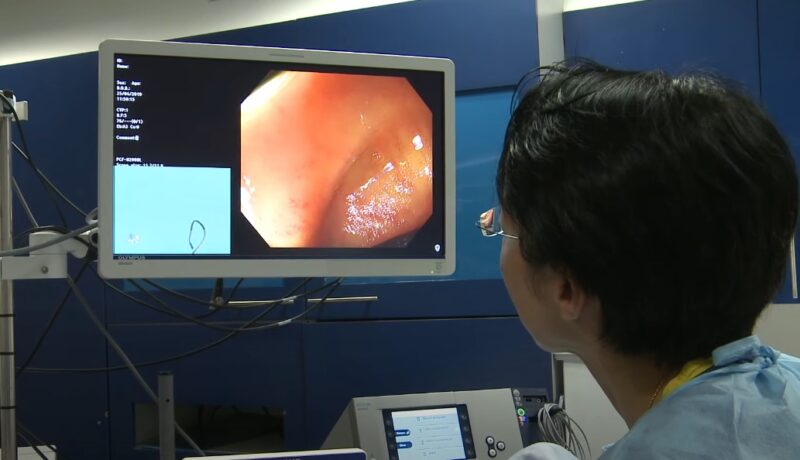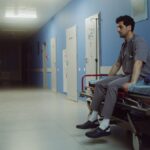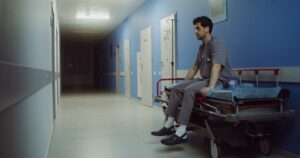When it comes to colonoscopies, many people have questions, concerns, and even fears. That’s totally understandable. It’s a procedure that involves some level of discomfort, but the benefits—especially when it comes to detecting colorectal cancer early—are undeniable.
If you’re gearing up for your first colonoscopy or just want to learn more, let’s walk through some common questions together.
What Exactly Is a Colonoscopy?
You’ve probably heard of colonoscopies, but what actually happens during one? According to Mayo Clinic, it’s a procedure where a doctor gets a look inside your colon and rectum using a colonoscope—a long, flexible tube with a camera at the end.
This allows for a detailed examination of the colon lining to spot any potential issues like polyps (small growths) or signs of colorectal cancer. The whole thing takes between 30 and 60 minutes, and it’s often part of routine screening for people over a certain age.
But it can also be used to investigate symptoms like abdominal pain, bleeding, or unexplained weight loss. Also, check our blog post about laparoscopic surgery method.
Why Do We Need Colonoscopies?
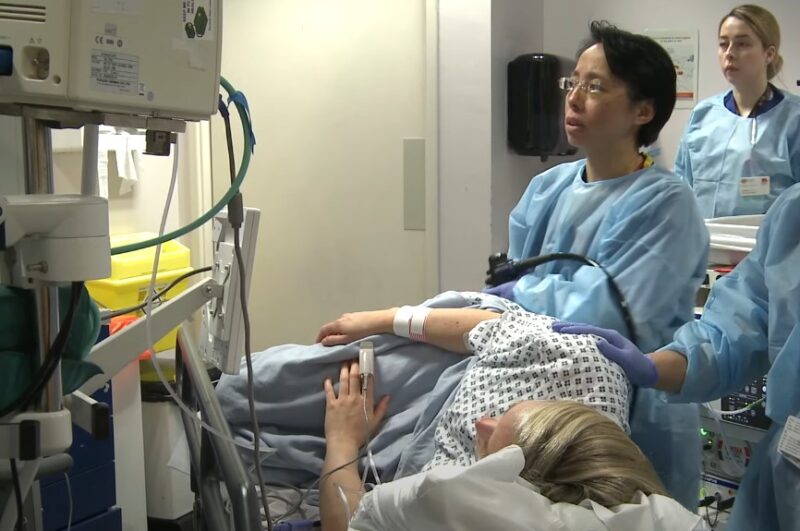
Colonoscopies play a key role in catching colorectal cancer early. Colorectal cancer is one of the leading types of cancer worldwide, but it’s also one of the most preventable when caught in time.
Many people don’t realize they have it because symptoms often don’t show up until the cancer has progressed. Screening through a colonoscopy can identify polyps or cancerous growths long before symptoms appear, giving you a better chance at early treatment.
If you’ve hit 45 years old, that’s when routine screenings usually start. If there’s a history of colorectal cancer in your family, you might need to start earlier. It’s all about prevention and early detection.
Who Needs a Colonoscopy?
Typically, anyone who’s 45 or older should get screened. But there are other reasons to schedule a colonoscopy, even if you’re younger:
- Family history of colorectal cancer or polyps
- Symptoms like blood in the stool, persistent diarrhea, or abdominal discomfort
- Chronic conditions such as Crohn’s disease or ulcerative colitis
It’s always best to talk to your doctor about your personal risk factors and any symptoms you might be experiencing.
How Should I Prepare?

Preparing for a colonoscopy is where things can get a little unpleasant, but it’s crucial. You’ll need to clear out your colon so the doctor has a clear view. Here’s what that preparation generally looks like:
- Dietary changes: You’ll likely be on a clear liquid diet for 24 to 48 hours before the procedure. This means sticking to water, clear juices, broth, and similar liquids. Avoid red or purple drinks because they can interfere with the visibility of the colon lining.
It’s also good to plan for the day of the procedure. Since sedation is involved, you’ll need someone to drive you home afterward.
What Happens During a Colonoscopy?
Once you’re sedated, the doctor will insert the colonoscope into your rectum and slowly guide it through the colon. The camera on the tip sends real-time images to a screen, allowing the doctor to look for any abnormalities.
If polyps are found, they can often be removed right then and there, which is a huge plus—no need for a separate procedure. You won’t feel any of this because of the sedation.
Most people wake up with little to no memory of the procedure, other than possibly some bloating or the need to pass gas (due to the air that was used to inflate your colon for a better view).
Does It Hurt?
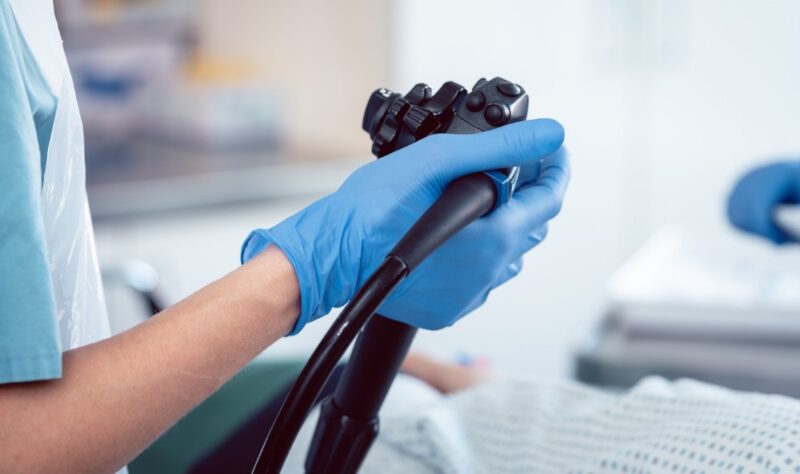
This is probably the most common concern people have. The short answer is no. Thanks to sedation, the actual procedure is painless.
Afterward, some people report feeling bloated or experiencing mild cramping, but these sensations typically pass within a few hours. It’s all relatively minor compared to the benefits of the screening.
What Are the Risks?
- Bleeding (especially if polyps are removed)
- Perforation of the colon wall, though this is extremely uncommon
- Reactions to sedation, but these are usually mild
Like any medical procedure, there are risks, but serious complications from a colonoscopy are rare. Potential issues include:
Your doctor will review these risks with you beforehand, but the vast majority of people come through the procedure without any problems. The chance to detect colorectal cancer early outweighs the minimal risks.
Are There Alternatives?
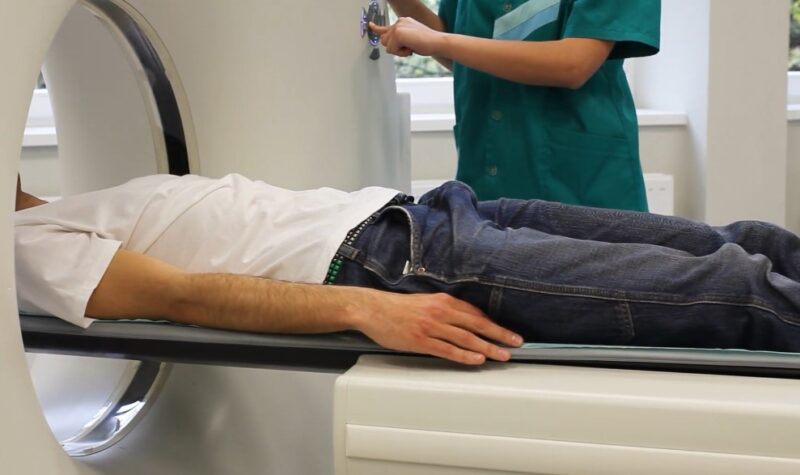
Not everyone is eager to get a colonoscopy, and that’s understandable. For those who prefer to explore other options, there are a few alternatives. They include:
- Fecal Immunochemical Test (FIT): This is a non-invasive, at-home test that checks for hidden blood in your stool.
- CT Colonography (Virtual Colonoscopy): This is a scan that produces images of your colon. However, if polyps are found, you’ll still need a traditional colonoscopy to remove them.
- Stool DNA Tests: These tests look for genetic markers of colorectal cancer in your stool, but again, they’re not as comprehensive as a colonoscopy.
It’s worth noting that while these options are less invasive, they may not be as thorough. If anything suspicious shows up, you’ll likely still need a colonoscopy for further investigation.
How Often Do I Need a Colonoscopy?
For people at average risk, a colonoscopy is recommended every 10 years starting at age 45. If polyps are found, or if there’s a family history of colorectal cancer, more frequent screenings may be necessary.
Your doctor will tailor the frequency of screenings to your specific situation.
What Happens After the Procedure?
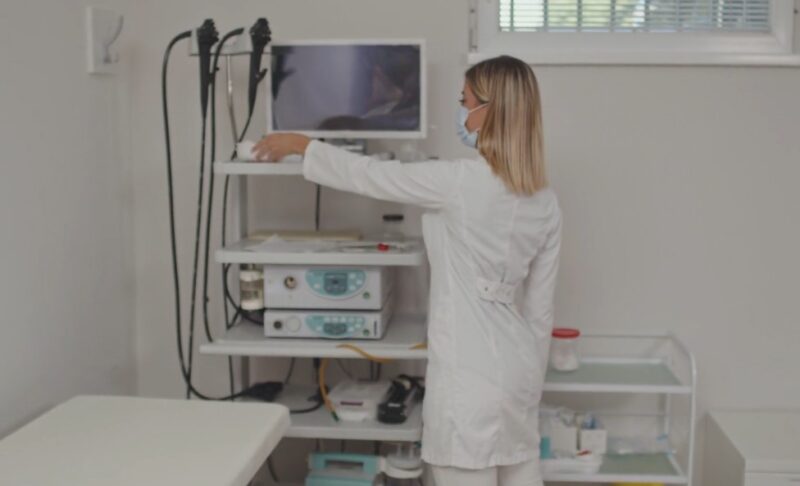
After the procedure, you’ll probably feel groggy from the sedation, so plan for some rest and recovery time at home. Mild bloating or cramping is normal, but these symptoms should fade quickly.
You might also notice the need to pass gas, which is totally normal since air is used during the procedure. Your doctor will discuss the results with you after the colonoscopy, or you may need to wait a few days if polyps or biopsies were taken.
Polyps will be examined to determine if they’re benign, precancerous, or cancerous. Based on those results, your doctor will let you know about any necessary follow-up procedures or lifestyle changes.
What if Polyps Are Found?
If polyps are discovered, it’s not necessarily a reason to panic. Many polyps are benign, and even those that are precancerous can often be removed during the colonoscopy, reducing your risk of developing cancer in the future.
Your doctor will guide you through the next steps, which might involve more frequent screenings or additional treatments.
Can I Make Lifestyle Changes to Lower My Risk?
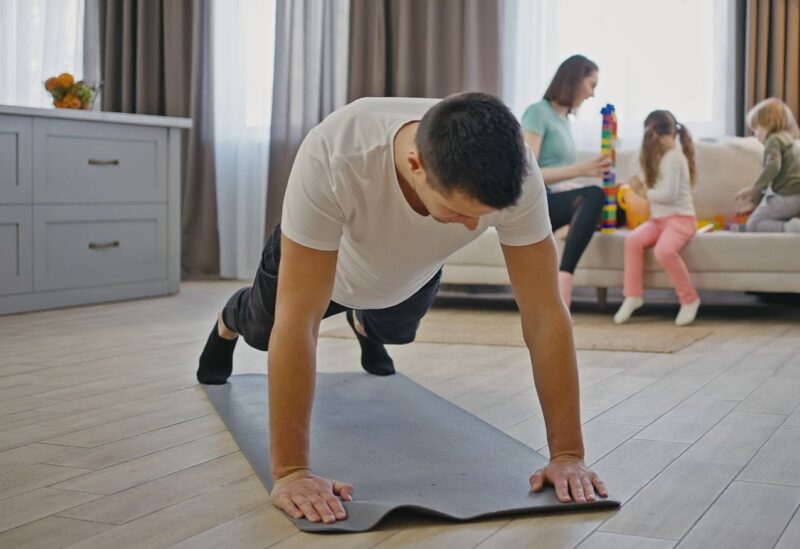
Absolutely. While a colonoscopy is vital for screening, there are lifestyle changes you can make to lower your risk of colorectal cancer. Here are some tips:
- Eat more fiber: A diet rich in fruits, vegetables, and whole grains can support digestive health.
- Limit red and processed meats: Studies have shown a link between red meat and an increased risk of colorectal cancer.
- Stay active: Regular physical activity is good for overall health and can help lower your risk.
- Quit smoking and limit alcohol: Both are linked to an increased risk of several types of cancer, including colorectal cancer.
These small steps, combined with regular screenings, can significantly improve your long-term health.
Final Thoughts
A colonoscopy might not be anyone’s favorite way to spend an afternoon, but it’s one of the most effective tools for preventing and detecting colorectal cancer early.
By being informed and prepared, you can take control of your health and catch potential problems before they become serious.
If you’re approaching the recommended age or have concerns about your risk factors, talking to your doctor about scheduling a colonoscopy could be one of the best decisions you make for your health.
Related Posts:
- What is Ambulatory Surgery? - Everything You Need to Know
- Top 13 Healthcare Jobs That Don’t Know You Need Experience
- Direct Hernia vs. Indirect Hernia: What You Need to Know
- What’s Behind Gluten Sensitivity? 10 Causes You Need to Know
- The Risks of Back Surgery - What You Need to Know…
- Choosing Between a Lower Endoscopy vs Colonoscopy

